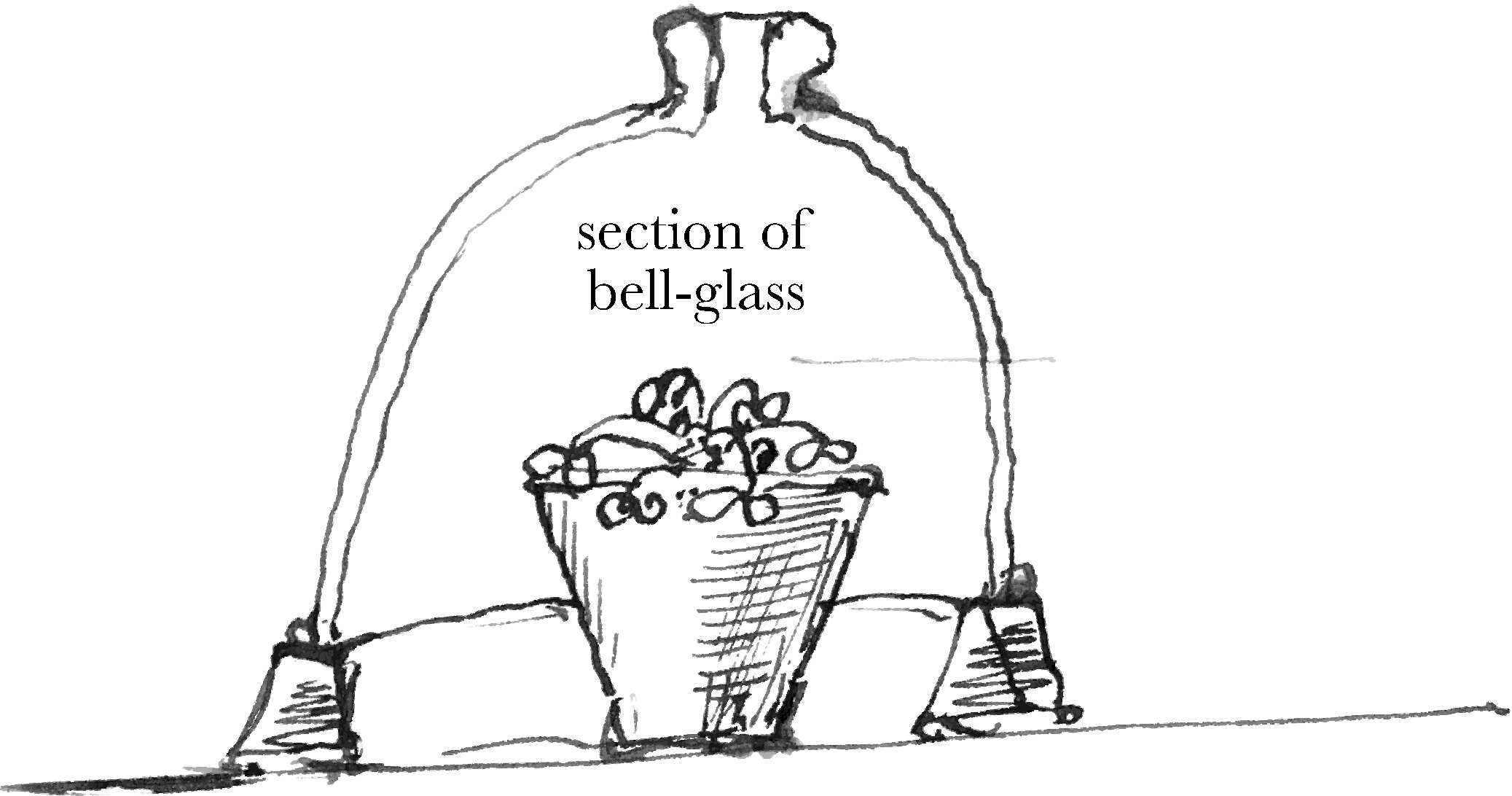From J. D. Hooker 8 November 1872
Kew
Novr 8th/72
Dear Darwin
I am asked to take shares in the Artizans &c Dwelling Cy, Limited—, in which you are a shareholder.1 I do not care about the profits, but if it is really a project for public good, I would be glad to have my name associated with it.
I am trying hard to bear myself after my favorite Motto of “Servate animam aequam”.2 I have heard of Owen’s last, but have not looked at it, though Mr Bennett, the subeditor of “Nature” came to me last night, & put a copy in my hands, expressing his profound regret that the Editor had admitted such an article into the paper, & his assurances that he was no party to it.3 I say I have not looked at it, because I have been for some time suffering from sleeplessness, palpitations & pain under the left clavicle—a return of old ailments that I thought I had got rid of for ever, many years ago.4 As it is, I suppose I must now answer Owen—which I am led to believe requires nothing but to show the falsity of his assertions.5 Is it not strange that an officer in my position, should serve under a Govt., which (through its’ own Minister, Ayrton) hounds on a man (Owen) as to attack a subordinate official character & labors, such is literally the fact—6
I have not yet thanked you for your book, nor I regret to say have I opened it.— Harriette is deep in it— Berkely was also charmed with it.7
Please do not allude to my pains (corporal) in writing to me— they will all pass off I doubt not. I am otherwise robust.
We had a long letter from Tyndall, read at the x. last night, he writes in great spirits & very picturesquely—delighted with the country, views & people.—8 I hear that an American paper describing his Lecture says that “he speaks with a slight English accent”— I think this is charming—9
Ever yr affect | J. D. Hooker
With regard to Dionæa, I would keep it cool—& damp—during the winter, that is if you do not want to examine it at once—if you do, give it very gentle heat, (green house) & cover it, with a bell glass with a hole in the top, allowing plenty of air to get under the glass & out of the top, & raise it close up to the glass of your green house.10

CD annotations
Footnotes
Bibliography
Allan, Mea. 1967. The Hookers of Kew, 1785–1911. London: Michael Joseph.
Artizans’ & General Properties Company Ltd. [1967.] Artizans Centenary: 1867–1967. [London]: Artizans’ & General Properties Company Ltd.
Correspondence: The correspondence of Charles Darwin. Edited by Frederick Burkhardt et al. 29 vols to date. Cambridge: Cambridge University Press. 1985–.
Expression: The expression of the emotions in man and animals. By Charles Darwin. London: John Murray. 1872.
ODNB: Oxford dictionary of national biography: from the earliest times to the year 2000. (Revised edition.) Edited by H. C. G. Matthew and Brian Harrison. 60 vols. and index. Oxford: Oxford University Press. 2004.
Tyndall, John. 1873. Six lectures on light delivered in America in 1872–1873. London: Longmans, Green and Co.
Summary
Has been asked to take shares in the Artizans’ Dwellings Co., in which CD is a shareholder. If it is really a project for public good, he would be glad to be associated.
Owen has answered his letter in Nature [7 (1872): 5–7].
A letter from Tyndall [from America] was read at the X Club.
Letter details
- Letter no.
- DCP-LETT-8609
- From
- Joseph Dalton Hooker
- To
- Charles Robert Darwin
- Sent from
- Kew
- Source of text
- DAR 103: 130–2
- Physical description
- ALS 5pp †
Please cite as
Darwin Correspondence Project, “Letter no. 8609,” accessed on 19 April 2024, https://www.darwinproject.ac.uk/letter/?docId=letters/DCP-LETT-8609.xml
Also published in The Correspondence of Charles Darwin, vol. 20


